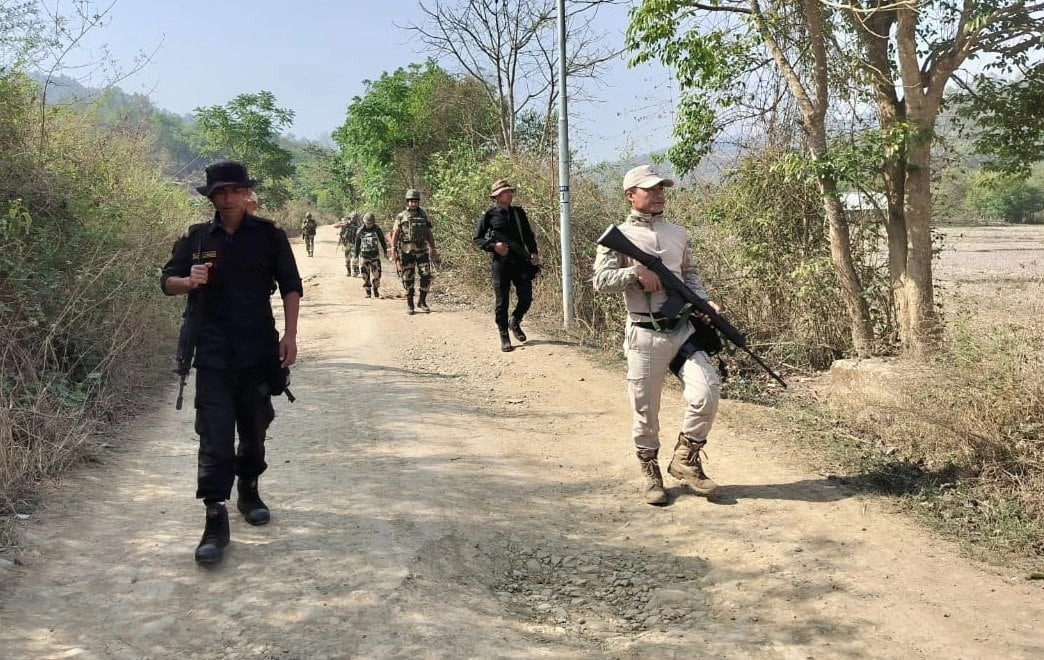The Wagah Border, a significant entry point between India and Pakistan, has recently been a focal point of attention following India’s decision to revoke visas for certain travelers. In a notable development, the border will remain open specifically for Pakistani nationals wishing to return to their home country. This decision reflects the ongoing complexities of diplomatic relations between the two nations, which have historically been fraught with tension but also moments of cooperation.
The Indian government’s move to revoke visas was primarily aimed at tightening security and managing cross-border movement in light of emerging geopolitical challenges. However, the determination to keep the Wagah Border open for returning Pakistanis indicates an understanding of the humanitarian aspects involved. Many individuals who might be stranded or facing difficulties due to visa cancellations will now have a legal and safe route back to Pakistan. This gesture highlights the necessity of maintaining critical connections between the two countries, even amidst strained relations.
The Wagah Border, known for its daily flag-lowering ceremony, has long been a symbol of both rivalry and camaraderie between India and Pakistan. It serves not only as a physical crossing but also as a cultural bridge, where people from both nations can engage in a shared experience. By allowing Pakistani nationals to return home, the authorities are acknowledging the importance of personal connections and the need for families to reunite, regardless of the political climate.
In conclusion, while the revocation of visas by India presents challenges, the decision to keep the Wagah Border open for returning Pakistanis is a significant step towards addressing humanitarian concerns. It underscores the delicate balance of diplomacy, where issues of security and national interest are weighed against the fundamental rights of individuals. As both nations navigate their complex relationship, such measures can pave the way for more constructive dialogues in the future, emphasizing the importance of empathy and understanding in international relations.




